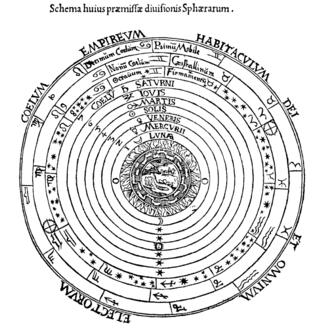This article needs additional citations for verification .(August 2009) |
Many philosophers and other writers have been significantly influenced by Aristotle.
This article needs additional citations for verification .(August 2009) |
Many philosophers and other writers have been significantly influenced by Aristotle.
| | This section needs expansion. You can help by adding to it. (June 2021) |

Alexander of Aphrodisias was a Peripatetic philosopher and the most celebrated of the Ancient Greek commentators on the writings of Aristotle. He was a native of Aphrodisias in Caria and lived and taught in Athens at the beginning of the 3rd century, where he held a position as head of the Peripatetic school. He wrote many commentaries on the works of Aristotle, extant are those on the Prior Analytics, Topics, Meteorology, Sense and Sensibilia, and Metaphysics. Several original treatises also survive, and include a work On Fate, in which he argues against the Stoic doctrine of necessity; and one On the Soul. His commentaries on Aristotle were considered so useful that he was styled, by way of pre-eminence, "the commentator".

The Organon is the standard collection of Aristotle's six works on logical analysis and dialectic. The name Organon was given by Aristotle's followers, the Peripatetics, who maintained against the Stoics that Logic was "an instrument" of Philosophy.
This is a list of philosophers from the Western tradition of philosophy.
Sosigenes the Peripatetic was a philosopher living at the end of the 2nd century AD. He was the tutor of Alexander of Aphrodisias and wrote a work On Revolving Spheres, from which some important extracts have been preserved in Simplicius's commentary on Aristotle's De Caelo.
This is an alphabetical index of articles about aesthetics.

Nous, or Greek νοῦς, sometimes equated to intellect or intelligence, is a concept from classical philosophy for the faculty of the human mind necessary for understanding what is true or real.
The passive intellect, is a term used in philosophy alongside the notion of the active intellect in order to give an account of the operation of the intellect (nous), in accordance with the theory of hylomorphism, as most famously put forward by Aristotle.

Moses Narbonne, also known as Moses of Narbonne, mestre Vidal Bellshom, maestro Vidal Blasom, and Moses Narboni, was a medieval Catalan philosopher and physician. He was born at Perpignan, in the Kingdom of Majorca, at the end of the thirteenth century and died sometime after 1362. He began studying philosophy with his father when he was thirteen and then studied with Moses and Abraham Caslari. He studied medicine and eventually became a successful physician, and was well versed in Biblical and rabbinical literature.
Eudorus of Alexandria was an ancient Greek philosopher, and a representative of Middle Platonism. He attempted to reconstruct Plato's philosophy in terms of Pythagoreanism.

The following is an index of sociopolitical thinkers listed by the first name.
This is a list of articles in medieval philosophy.
Abū Bishr Mattā ibn Yūnus al-Qunnāʾī was an Arab Christian philosopher who played an important role in the transmission of the works of Aristotle to the Islamic world. He is famous for founding the Baghdad school of Aristotelian philosophers.